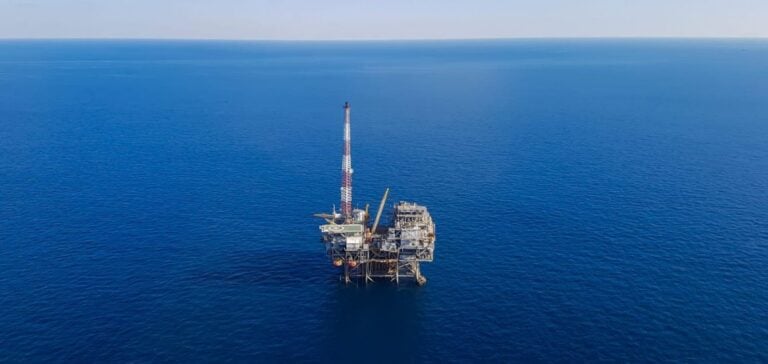The drilling of the Katmai West #2 well, conducted by Talos Energy in the Gulf of Mexico, marks a significant step forward for deepwater oil exploration. Located in the Ewing Bank area, this project revealed 400 feet of hydrocarbon reserves, corresponding to an estimated production of 15,000 to 20,000 barrels of oil equivalent per day (MBoe/d).
Drilling under budget and ahead of schedule
Commencing in October 2024, the drilling was completed 35% under budget and one month ahead of the planned schedule. This well, drilled to a depth of 27,000 feet, is part of a cost-optimization strategy aimed at maximizing profitability in a shifting economic and energy landscape.
Impact on offshore infrastructure
The Katmai West #2 well will be connected to the Tarantula subsea infrastructure, which has recently been expanded to a capacity of 35,000 barrels per day. This expansion is designed to support extended, stable production while mitigating the typical decline in offshore field yields.
Partnerships and strategic stakes
Talos Energy, which holds a 50% interest in the Katmai West field in partnership with Ridgewood Energy Corporation, is strengthening its position in the North American hydrocarbon market. The field, with total reserves estimated at 100 million barrels of oil equivalent (MMBoe), highlights the strategic ambitions of energy players in addressing growing demand.
Geopolitical and economic stakes
This discovery comes at a time when domestic energy production remains central to the economic and political priorities of the United States. The development of the Katmai West field could play a key role in reducing imports and enhancing energy independence.





















